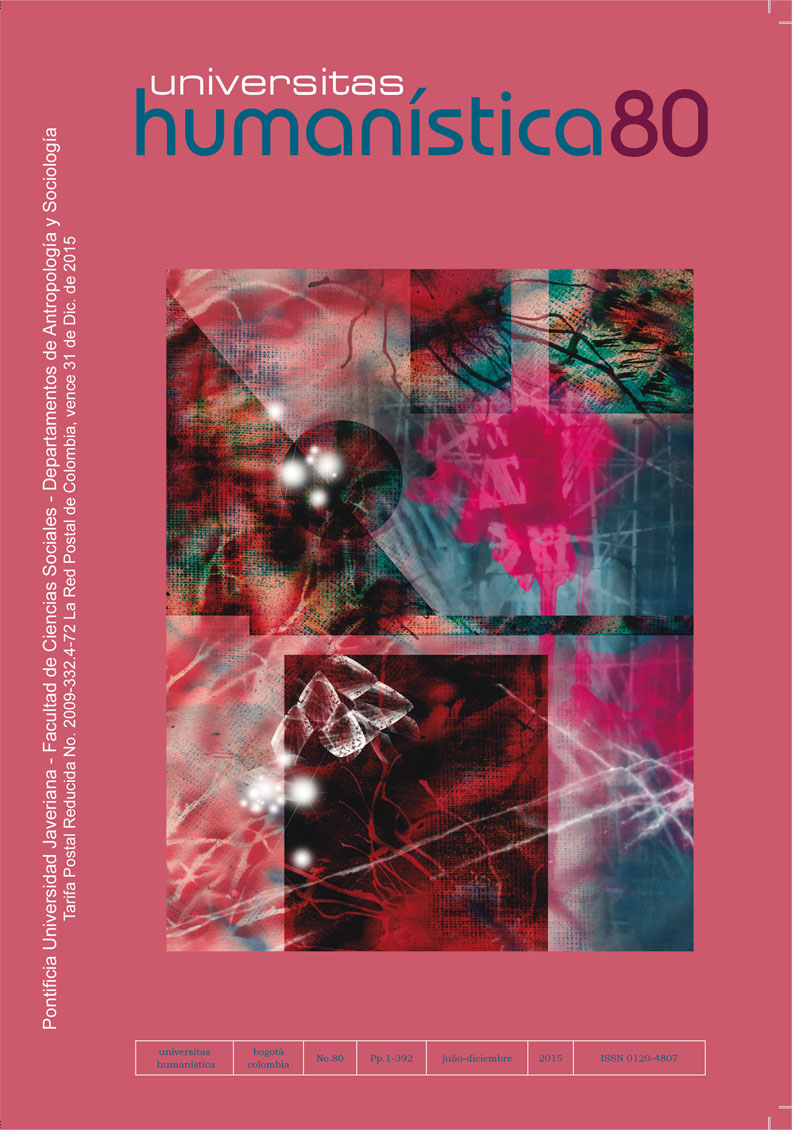Abstract
From the inclusion of Mexico in the OECD, this research paper attempts to answer the question of technological innovation for increasing the competitiveness of the four largest firms in the state of Quintana Roo, Mexico economically and socially based on their size and characteristics. The research was part of a study conducted in the southeast of Mexico and it was sponsored by the FORDECyT. The current model of the OECD (2009-2010) with standards on the appropriation of knowledge, adapted to the direct interview method was used for the analysis.Although the results showed a noticeable backwardness in the four companies analyzed regarding the appropriation of knowledge, they also show ethnic and cultural differences in the Maya peoples living in this region when it comes to social businesses. They adopt complete technological packages and / or globalizing market models. When facing the impossibility of adopting or appropriating socially the knowledge, they are dependent on their workforce or their ancestral patterns of production and exploitation of the main resource
This journal provides immediate open access to its content on the principle that making research freely available to the public, encourages greater global exchange of knowledge.
The journal Universitas Humanística is registered under a Creative Commons Attribution 4.0 International Public License. Thus, this work may be reproduced, distributed, and publicly shared in digital format, as long as the names of the authors and Pontificia Universidad Javeriana are acknowledged. Others are allowed to quote, adapt, transform, auto-archive, republish, and create based on this material, for any purpose (even commercial ones), provided the authorship is duly acknowledged, a link to the original work is provided, and it is specified if changes have been made. Pontificia Universidad Javeriana does not hold the rights of published works and the authors are solely responsible for the contents of their works; they keep the moral, intellectual, privacy, and publicity rights.
Approving the intervention of the work (review, copy-editing, translation, layout) and the following outreach, are granted through an use license and not through an assignment of rights. This means the journal and Pontificia Universidad Javeriana cannot be held responsible for any ethical malpractice by the authors. As a consequence of the protection granted by the use license, the journal is not required to publish recantations or modify information already published, unless the errata stems from the editorial management process. Publishing contents in this journal does not generate royalties for contributors.


